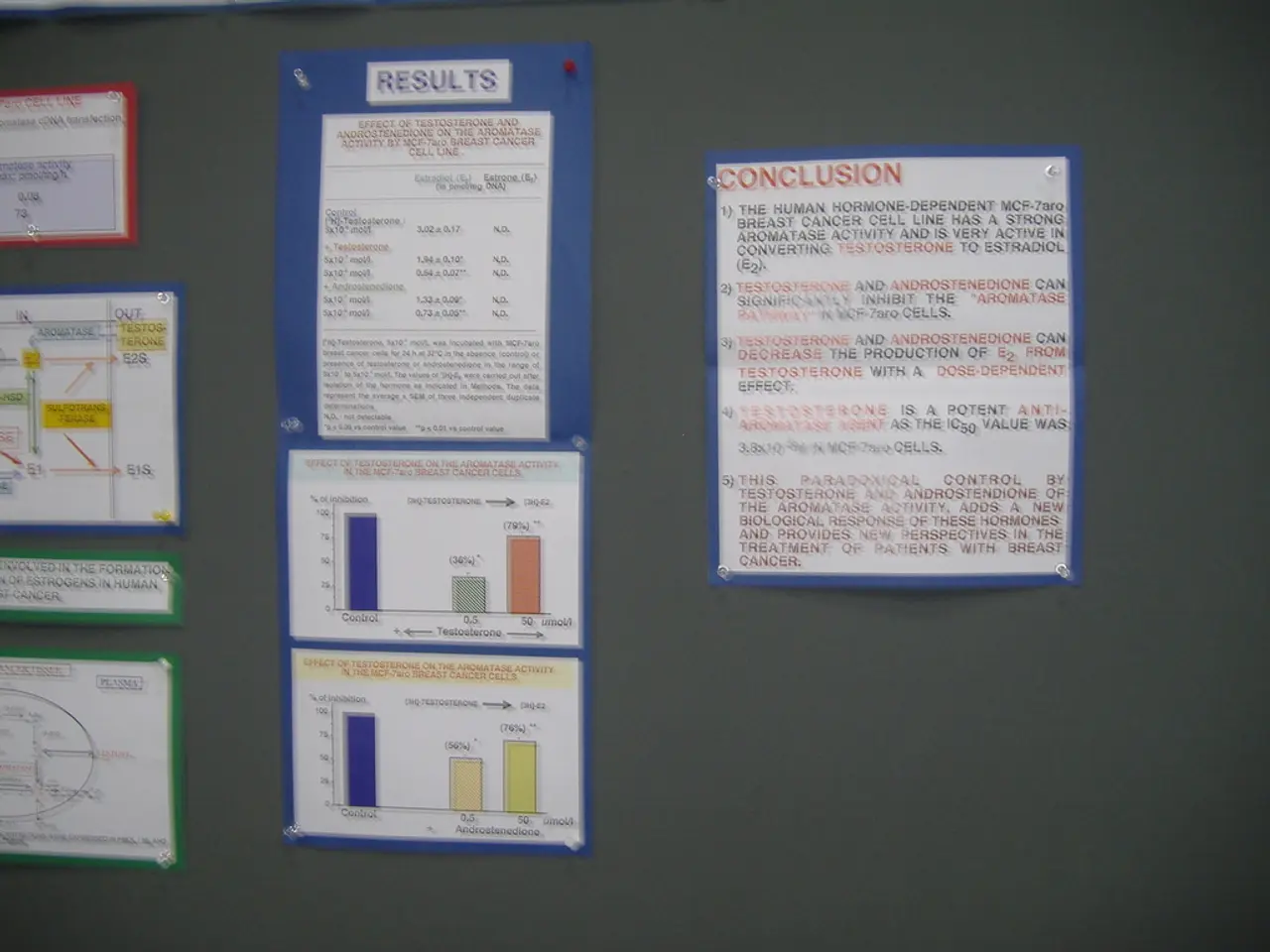Shedding Light on Stock Market Trends Amid Global Uncertainties
American financial backers evidently withhold funds or investments.
Facebook Twitter Whatsapp E-Mail Print Copy Link
Market trends are being shaped by a brewing mix of geopolitical tensions and economic factors, leaving investors uncertain, particularly as the intensity between Israel and Iran continues. In spite of a possible US intervention temporarily taking a backseat, US stock markets have yet to witness significant upward movements, with the Nasdaq facing a slight dip.
During these testing times, investors, especially on US stock markets, have adopted a wait-and-see approach ahead of the weekend. The Dow Jones Industrial Average showcased a minimal increase of 0.1 percent, reaching 42,206 points. However, the tech-heavy Nasdaq declined by 0.5 percent to 19,447 points, while the broad-based S&P 500 also recorded a 0.2 percent decrease to 5,976 points.
Amid speculation about the potential escalation of the conflict between Israel and Iran and America's involvement, investment analyst Dan Coatsworth from AJ Bell remarked that the question of a US intervention will continue to linger in the minds of market players. Despite President Trump expressing interest in evaluating the possibility of joining attacks on Iran within a fortnight, a significant portion of his supporters wish to uphold the "America first" policy, advocating for staying out of foreign conflicts.
Instead, investors are pinning their hopes on diplomatic solutions to Iran's nuclear program, encouraged by reports that Iran seems open to discussions with European powers regarding the limitation of uranium enrichment. This situation could impact the oil market if military intervention ensues, with concerns about Iran potentially blocking the Strait of Hormuz, a strategic chokepoint facilitating the transportation of 19 million barrels of oil daily.
Friday saw a decrease in oil prices, as Brent crude fell 2.1 percent to $77.29 per barrel, and US oil WTI slipped 0.2 percent to $74.93 per barrel. However, the matter of price pressure remains a point of focus on Wall Street, with representatives of the US Federal Reserve expressing concerns about potential inflation this summer due to Trump's import tariffs. Despite this, Fed Governor Chris Waller suggested that the central bank should consider a rate cut at its next meeting, considering moderate recent inflation data and the temporary nature of any potential tariff-induced price shocks.
Individual stocks have also experienced fluctuations. Notable gains were recorded by Kroger, as shares rose by 9.8 percent in response to the grocery chain raising its sales forecast. Contrastingly, Accenture witnessed a 6.9 percent drop after the IT services provider announced a decline in order intake. The semiconductor industry also suffered due to reports indicating planned export restrictions on chip manufacturing equipment to China, causing a 1.1 percent drop in Nvidia shares and a 2 percent decline for Intel.
For more on stock market news, delve deeper here.
[1] Enrichment data suggests ongoing and intense conflict between Israel and Iran, with both sides sustaining operations, and resulting in an elevated geopolitical risk and possible oil price volatility and market fluctuations.[2] Source: ntv.de, ino/rts
- In light of the ongoing geopolitical tension between Israel and Iran, the community policy of various investment firms may be revisited to adjust their exposure to oil markets and potentially volatile assets, thereby affecting employment policies within the finance sector.
- As the US Federal Reserve considers a rate cut due to moderate inflation data and temporary tariff-induced price shocks, an updated employment policy may be implemented to attract and retain skilled finance professionals, given the competitive landscape in the industry.




